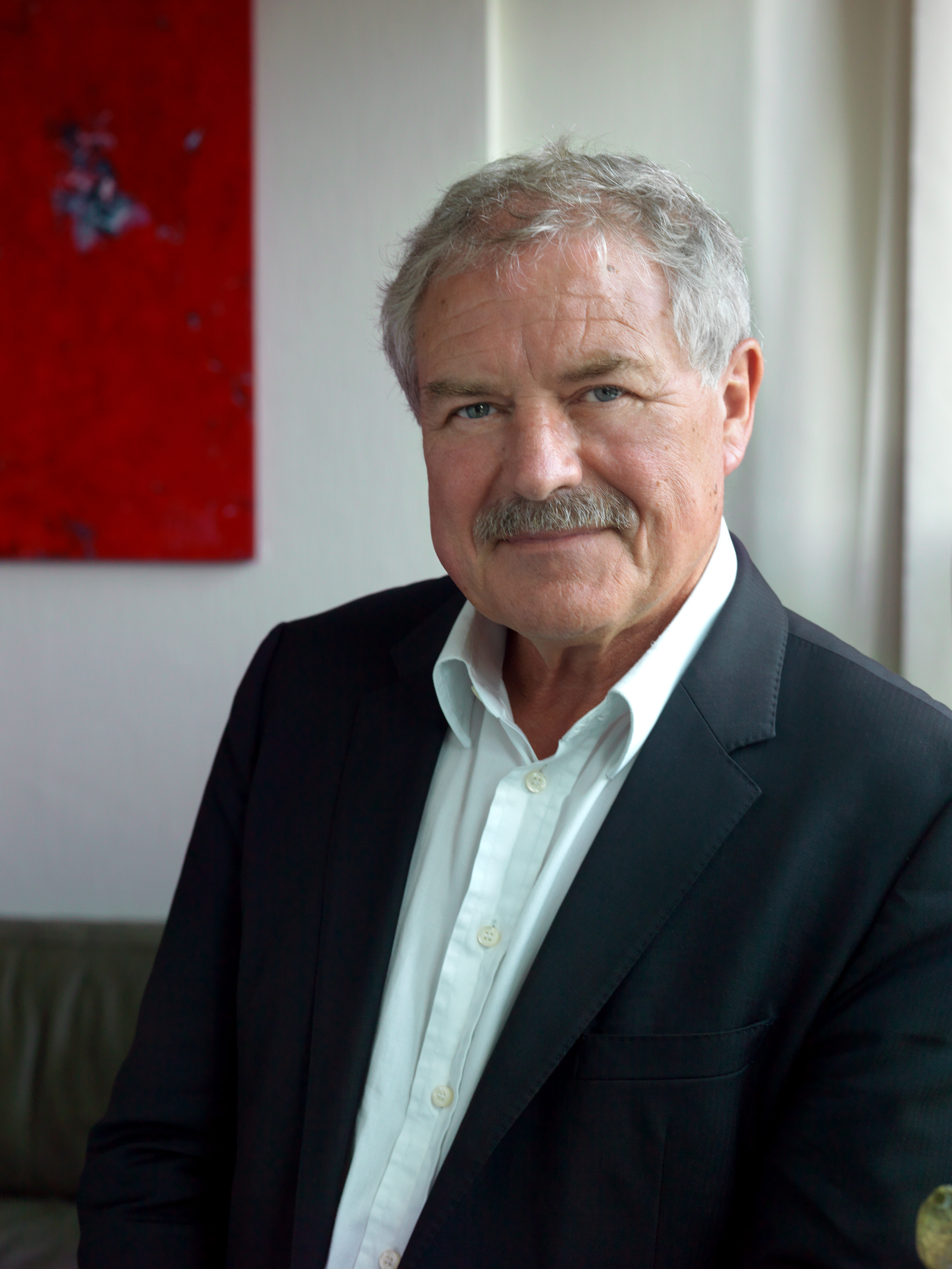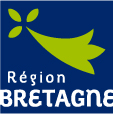Smart grids
What is a smart grid?
Smart grids are defined as electrical grids which can communicate and interact with all subsections, from the energy producer to the supplier to the consumer. Smart grids are equipped with automated computer technology, allowing optimisation of electricity generation, distribution and consumption.
Adapting the French electrical grid to new energy sources
 Smart grids are being put in place as part of the energy transition in response to the new energy challenges facing the electricity system.
Smart grids are being put in place as part of the energy transition in response to the new energy challenges facing the electricity system.
The rise of renewable energies, the growth of new energy uses such as electric vehicles, and people’s changing consumption habits are also short- and medium-term challenges which call for continual rethinking of the grid, while guaranteeing quality of supply to all customers.
To overcome these challenges, solutions are being put in place to modernise the grid and improve coordination between all stakeholders in the electrical grid in order to:
- make customers active players in managing their consumption (via new tools),
- give local authorities new tools for managing electricity consumption in their areas,
- create the best balance between electricity supply and demand, both nationally and locally,
- properly locate demands for energy use and production to avoid over-sizing grid investments,
- improve reactivity and performance in terms of grid control and operation.
 ‘Pilot’ projects like SOLENN are fundamental. Their relevance and their ability to demonstrate a balance, finding a technical solution which satisfies users, are what guarantees future expansion.
‘Pilot’ projects like SOLENN are fundamental. Their relevance and their ability to demonstrate a balance, finding a technical solution which satisfies users, are what guarantees future expansion.
Committed stakeholders in the energy transition
Smart grid projects and trials are bringing together a number of players from all over France.
As committed stakeholders in the energy transition, they provide technical expertise, helping to improve the electrical grid.
They include:
- traditional energy sector players whose business and activities are particularly relevant to
smart grids (producers, distributors and suppliers), - institutions who act as facilitators and regulators of the roll-out of smart grids: the French
Energy Regulation Commission (CRE), the French State and regional authorities, the French
National Research Agency (ANR) and the French Environmental and Energy Management Agency
(ADEME), - energy sector companies, creators of products and services developed via R&D, which enable the development of smart grids that meet the needs of energy producers and grid managers.
Morbihan, a trial region
The Houat and Hoëdic mini-smart grid
The two islands of Houat and Hoëdic are supplied with electricity by two underwater cables. The system ERDF has put in place enables the supply to both islands to be restored in the event of a widespread power cut caused by a fault with one of the cables. This solution is built around Linky meters and a stationary generator, tailor-made for the operation, located on Hoëdic and remote-controlled from Rennes. In the event of strain on the underwater cables, the generator is switched on remotely, and the energy available is divided between customers using Linky meters.
The Kergrid trial
Kergrid is a smart grid trial led by Morbihan Energies (the Morbihan Energy Union) and Schneider Electric. For the first time, a smart grid project has been implemented within a tertiary building. The aim is to store energy in order to use it when required. As a result, the building can take itself off-grid at times of peak energy use for up to two hours.
The ‘BIEN LA’ local energy loop
Lorient Agglomération, the winner of the Region of
Brittany’s call for proposals in 2012, has worked with ALOEN to develop the ‘BIEN LA’ local energy loop.
The aim is to reduce the region’s energy consumption by relocating electricity production
facilities. Lorient Agglomération has reaffirmed its desire to build a network of
energy stakeholders, encouraging feedback through local events by working with organisations,
universities, institutions, industrial players, and other groups.

















